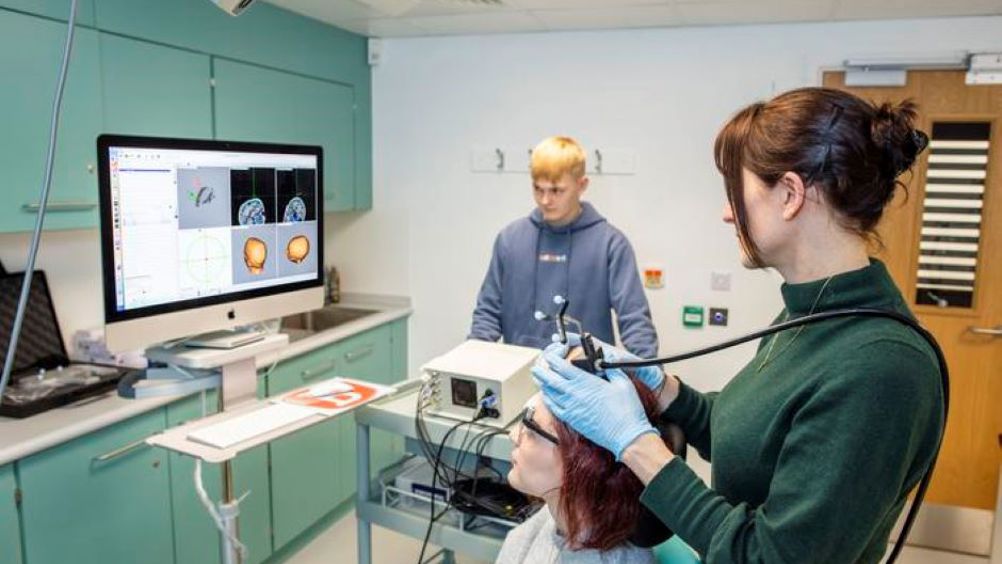Psychiatric conditions could be treated with targeted transcranial ultrasound stimulation
Psychiatric conditions such as depression and addiction could be treated with low-intensity transcranial ultrasound stimulation (TUS), a form of ultrasound that brings about significant changes in brain function.

Research by neuroscientists at Plymouth University explored the impacts of the emerging technique, which is detailed in Nature Communications.
Ultrasound examinations involve diffuse broad beams of ultrasound being used to create images while leaving the target tissue unaffected. Focusing the beams through TUS can increase the pressure in the target region and change the way neurons communicate.
The research team said a study involving 24 healthy adults showed that TUS can induce significant changes in GABA (gamma-aminobutyric acid) concentration within the brain’s posterior cingulate cortex in the hour following ultrasound treatment.
The study also showed that in the hour following the TUS treatment, the way the posterior cingulate cortex communicates with the rest of the brain was also profoundly altered.
However, the changes were not consistent across all areas, with GABA levels not being altered in the anterior cingulate cortex, another cortical area equally related to psychiatric conditions but underlying different cognitive functions, particularly related to decision making, learning and attention regulation.
Register now to continue reading
Thanks for visiting The Engineer. You’ve now reached your monthly limit of news stories. Register for free to unlock unlimited access to all of our news coverage, as well as premium content including opinion, in-depth features and special reports.
Benefits of registering
-
In-depth insights and coverage of key emerging trends
-
Unrestricted access to special reports throughout the year
-
Daily technology news delivered straight to your inbox










Construction industry lags in tech adoption
Are these the best people to ask "Insights from 2,000 Industry Leaders"? - what would their customers views be like (perhaps more...